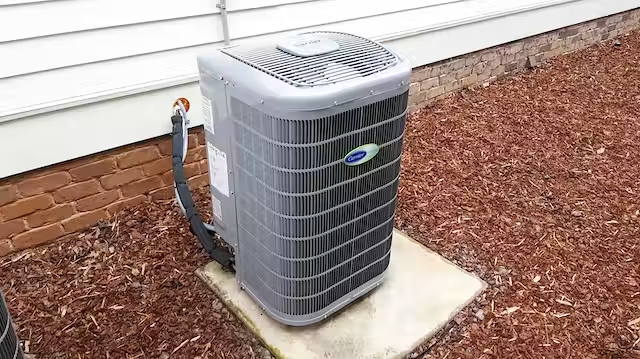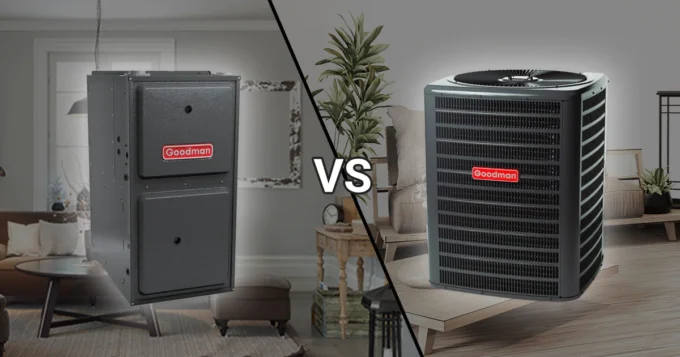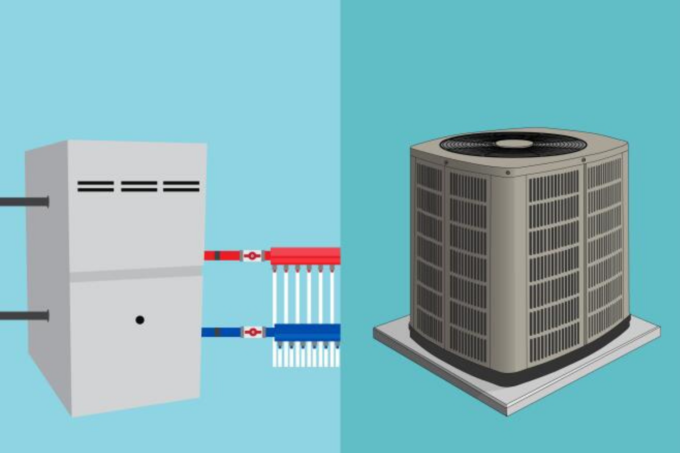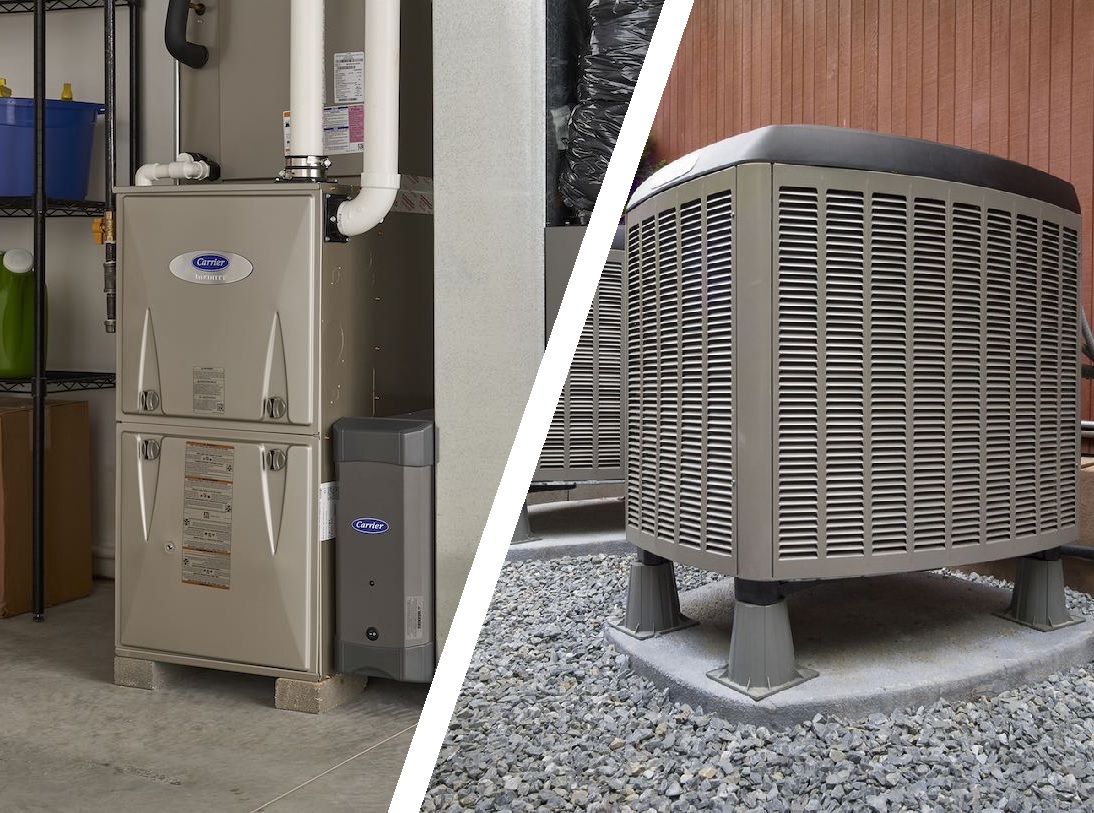When it comes to keeping your home comfortable during the winter, there are a few different heating options to choose from. One of the most popular is the heat pump, but many people also opt for a furnace.
So, which type of heating system should you choose?
Let’s take an in-depth look at each option.
Before getting started, check out the following link to learn more about professional heat pump services in Oklahoma City and the surrounding areas — https://www.trustsmartair.com/heat-pump-installation/.
What is a heat pump and what does it do?

A heat pump is a unit that transfers heat from one location to another. Heat pumps can be used for a variety of applications, including heating and cooling buildings, heating water, and even refrigerating food.
The most recognizable type of heat pump is the air source heat pump, which uses the air outside to transfer heat. Heat pumps work by using a refrigerant to absorb heat from the air or ground and then transfer it to the desired location.
In the winter, a heat pump can be used to transfer heat from the ground or air into a building, raising the temperature inside. The process is reversed in the summer, and the unit transfers heat from the building into the ground or air, cooling the interior.
Heat pumps are an efficient way to regulate temperature and can save energy compared to other methods of heating and cooling.
What is a furnace and what does it do?
A furnace is an invaluable type of heating system that generates heat by burning fuel or electricity.
Furnaces are typically used in regions where winter temperatures are too cold to rely solely on passive solar heating. When the furnace is turned on, a flame is ignited in the combustion chamber and the air in the chamber is heated. This hot air is then circulated through the home using a system of ducts. The furnace turns off once the desired temperature is reached and turns back on again when the temperature starts to drop.
In order to function properly, furnaces require regular maintenance, including annual tune-ups and filter changes.
Heat pump vs. furnace units — Which is more effective?

The debate between heat pump vs. furnace units can be a difficult one to navigate. Both options have their pros and cons, and ultimately the most effective choice will come down to a number of factors, including climate, home size, and personal preference.
One key advantage of heat pump units is their versatility. In warm climates, they can be used for both cooling and heating, making them a cost-effective option for year-round comfort.
Additionally, heat pump units tend to be more energy-efficient than furnaces, making them a good choice for environmentally conscious homeowners. However, furnace units have their own advantages. They are typically more powerful than heat pumps, making them ideal for large homes or homes in colder climates.
Not to mention, many homeowners find that furnaces provide a more consistent level of warmth than heat pumps. As a result, the choice between heat pump vs. furnace units is not an easy one to make.
Ultimately, it will come down to a number of factors that are specific to each homeowner’s situation.
What are some of the pros and cons of modern heat pumps and furnaces?
Continue reading to learn some of the common pros and cons of heat pumps and furnace units:
1. Cost
One of the first things you should consider when choosing a heating system is cost. Furnaces tend to be less expensive than heat pumps, both upfront and over the long term. This is due to the fact that furnaces are simpler devices that require less maintenance than heat pumps.
2. Efficiency
Another important consideration is efficiency. Heat pumps are more efficient than furnaces, meaning they use less energy to produce the same amount of heat.
3. Temperature Control
Furnaces typically provide better temperature control than heat pumps. This is because furnaces heat air directly, while heat pump units move heat from one place to another. As a result, furnaces can more quickly reach and maintain the desired temperature.
4. Humidity Control
Heat pumps have an advantage over furnaces when it comes to humidity control. This is because heat pumps can both cool and dehumidify the air, while furnaces can only heat it.
5. Maintenance
Both furnaces and heat pumps require regular maintenance in order to function properly and efficiently. However, furnaces typically require less maintenance than heat pumps due to their simpler design. Additionally, furnace filters can typically be replaced by the homeowner, while heat pump filters may need to be replaced by a professional.
How to choose the right heat pump or furnace for your home

- The climate you live in: If you live in an area with mild winters, a heat pump may be the better option. Heat pumps are also a good choice for homes with limited space for a furnace.
- The size of your home: The size of your home will dictate the size and type of heat pump or furnace you need. A larger home will need a more powerful unit, while a smaller home can get b
- Your budget: Heat pumps and furnaces both come in a range of prices. Choose the option that fits your budget and needs.
- Energy efficiency: Look for an energy-efficient model to help lower your monthly bills.
Heat pump vs furnace — Conclusion
When it comes time to replace your residential heating system, you have a few choices. A furnace and heat pump are two of the most popular options on the market.
So, which one is right for you?
The best way to decide is to consult with a professional HVAC service. They can help you assess your needs and find the perfect solution for your home.









